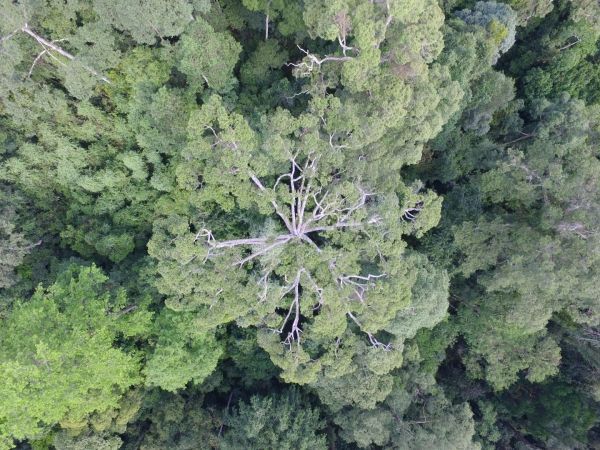A team of Nottingham scientists is using drones to survey woody climbing plants and better understand how they may affect the carbon balance of tropical rainforests.
The findings of the study – ‘A view from above: Unmanned Aerial Vehicles provide a new tool for assessing liana infestation in tropical forest canopies’,have been published today in the Journal of Applied Ecology.
Tropical forests play a vital role in the global carbon cycle. They store over 30 per cent of terrestrial carbon and contribute to 40 per cent of the global carbon sink. We depend on the trees found in these tropical areas to take up some of the carbon dioxide that we are emitting, so not all of our emissions end up in the atmosphere.
Read more at University of Nottingham
Image Credit: The University of Nottingham


